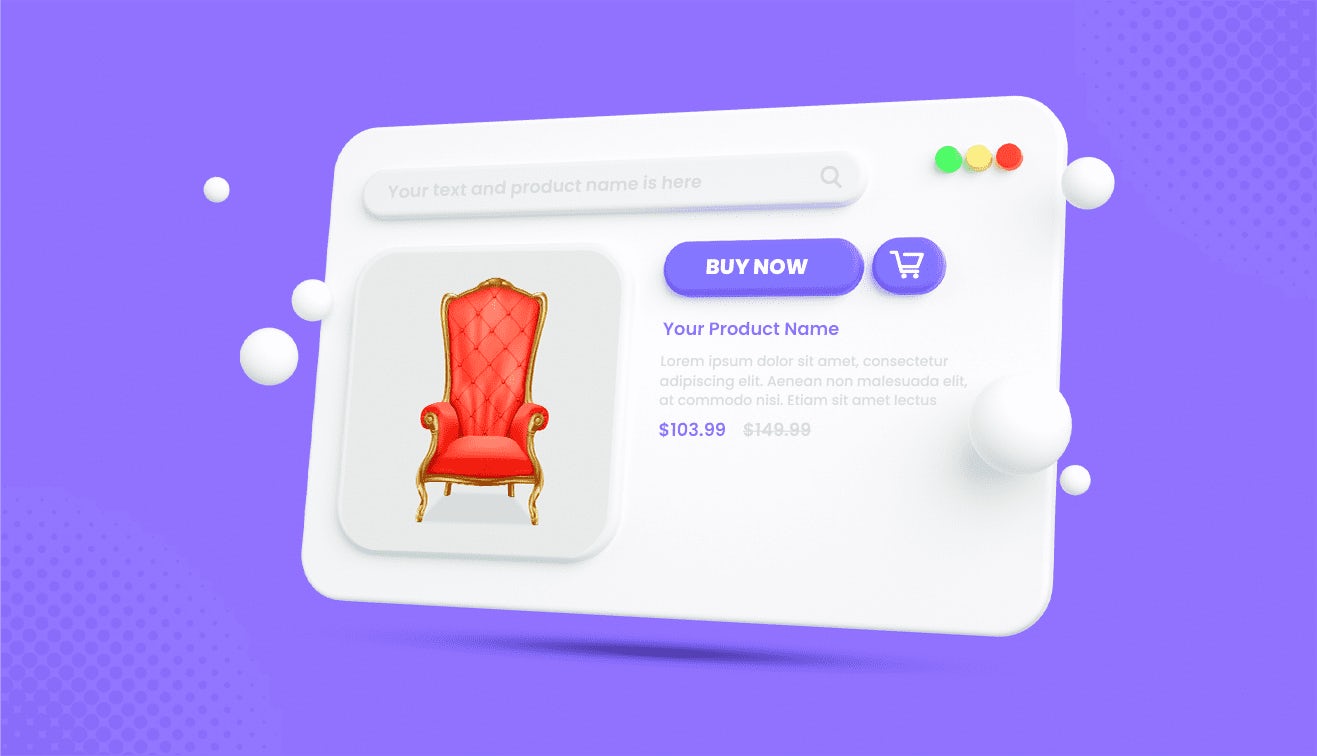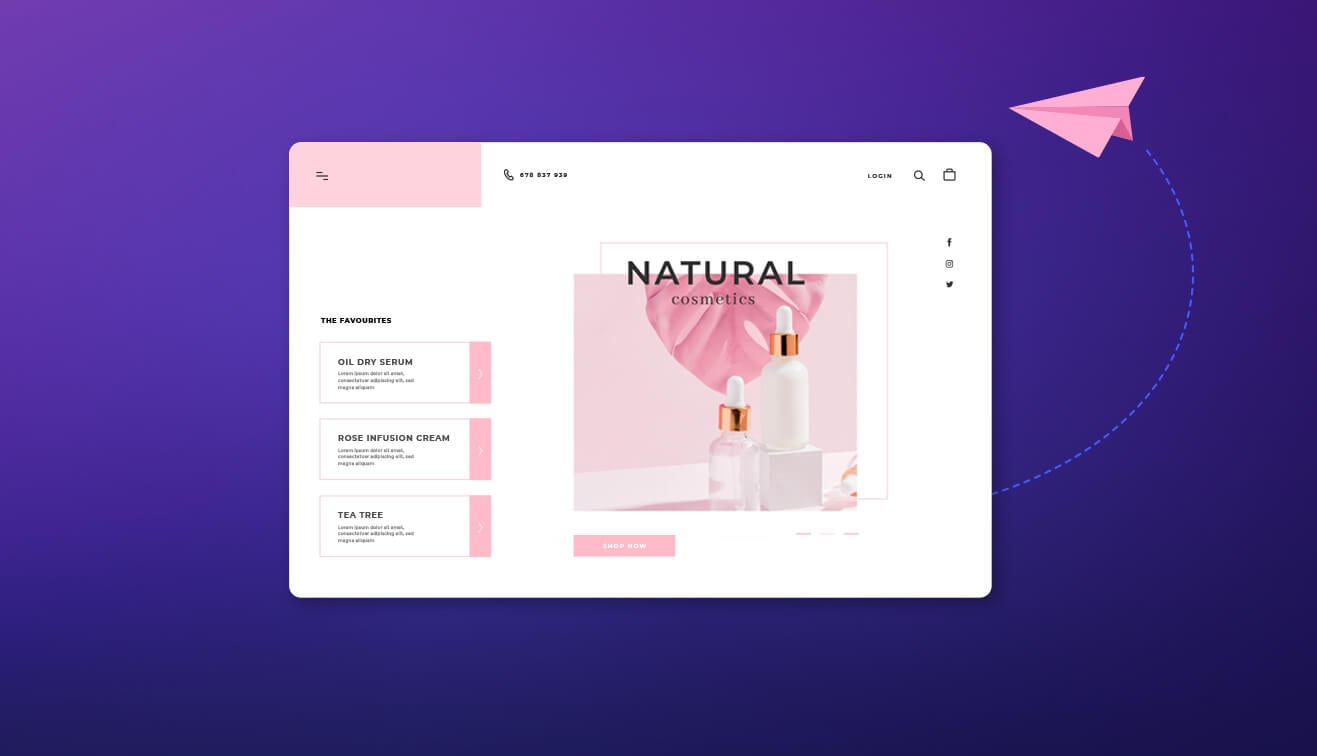When most people think of Black Friday, images of bustling retail stores, deep discounts on gadgets, and a flurry of commerce ads come to mind. Traditionally associated with B2C retail, Black Friday has gained massive traction worldwide, marking the start of the holiday shopping season. But, as digital commerce evolves, so does the potential for B2B marketing and helping B2B businesses to capitalise on this high-spending period.
Black Friday is no longer exclusive to consumer products; B2B companies can use this opportunity to boost sales, reach new audiences, and strengthen customer relationships.
In this article, we explore how B2B brands can make Black Friday work for them by crafting strategies that align with the unique dynamics of business purchasing.
Why should Black Friday matter to B2B?
While B2C dominates Black Friday, the appeal of limited-time discounts and exclusive deals resonates across sectors. Many B2B buyers today are influenced by their experiences as consumers, with expectations of streamlined digital experiences, transparency, and flexibility in pricing. Studies show that 57% of B2B companies who participated in Black Friday promotions experienced significant sales growth, suggesting that a well-planned Black Friday campaign can yield positive results.
B2B purchases may involve more stakeholders and longer decision cycles, but many B2B products are well-suited for promotions. For instance, companies offering software subscriptions, office supplies, and IT services can benefit greatly from a time-limited Black Friday offer. Simpler purchases, where decision-making is shorter, align better with the urgency and excitement that Black Friday marketing creates.
Types of B2B Black Friday promotions that work
To successfully engage B2B buyers, consider these Black Friday strategies:
- Discounts on subscription services: If your B2B product involves a subscription, offering a limited-time discount on annual plans can drive significant conversions. Many businesses budget for the upcoming year in Q4, making Black Friday an opportune moment for such offers.
- Exclusive content or free resources: Not all promotions need to be discounted. Offering free access to a high-value resource, like a detailed industry report, an eBook, or a whitepaper, positions your brand as an expert while encouraging new leads.
- Complimentary consultations or demos: For complex or high-ticket products, a personalised approach works best. Offering a free consultation or a personalised product demo can capture the attention of potential clients who may not be ready to commit financially but are open to learning more. Let’s say it is a Black Friday business discount :)
- Event access or priority invitations: Host an exclusive webinar or offer early-bird access to an upcoming event. For B2B marketing, networking and insights are invaluable, and Black Friday can serve as the perfect backdrop for initiating these connections.
Challenges B2B brands face during Black Friday
While Black Friday offers many benefits, B2B brands must navigate several challenges:
- Higher advertising costs: The surge in Black Friday advertising means higher costs across all platforms. For B2B brands, competing in consumer-heavy spaces like Google Ads or social media can become costly. Instead, consider focusing on more targeted B2B channels, like LinkedIn or industry-specific publications, to reach a more relevant audience without overspending.
- Complex buying cycles: Unlike consumer purchases, B2B transactions often involve extensive research, approvals, and budgetary considerations. This means that impulsive Black Friday offers may not always lead to immediate conversions. However, building awareness and generating qualified leads that you can nurture into 2024 and beyond is still a valuable outcome.
- Customer journey preparedness: B2B purchases are rarely as straightforward as a “Buy Now” click. Make sure your website can handle increased traffic and has intuitive navigation that quickly leads visitors to learn more about your offerings. Use clear call-to-actions (CTAs) that guide potential buyers through your sales funnel, even if a direct purchase isn’t on the table.
Cost-effective alternatives to Black Friday advertising
B2B brands don’t have to rely solely on expensive ad campaigns. Here’s how to make the most of low-cost channels:
- Owned media: Your website, email list, and social media profiles are powerful tools. Create tailored landing pages for Black Friday, use your email list to promote exclusive offers, and craft social posts highlighting the benefits of your product or service.
- Account-based marketing (ABM): Target high-value accounts with personalised Black Friday offers. For instance, if you offer a SaaS product, tailor the offer specifically to different verticals, such as a free month for new users in the manufacturing sector, or a free setup consultation for commerce clients.
- B2B-specific platforms: Unlike retail-focused platforms, LinkedIn and niche business publications are better suited for B2B Black Friday promotions, often without significant cost spikes. Additionally, consider B2B marketplaces that cater to your specific industry.
Examples of B2B Black Friday campaigns done right
Some leading B2B brands have pioneered unique Black Friday campaigns, demonstrating the potential of creative thinking:
- SaaS companies: Many SaaS companies use Black Friday to offer extended free trials, discounted onboarding fees, or lower annual rates. These promotions capitalise on the budgeting season for businesses, encouraging decision-makers to lock in deals before year-end.
- Consulting firms: Instead of discounts, consulting firms often provide free introductory calls or assessment sessions. This approach allows prospects to understand the value of the service before committing and is a great lead-generation tool.
- Office supplies: B2B brands dealing in office supplies or equipment can use Black Friday to offer bulk discounts, appealing to companies looking to stock up for the new year.
Planning ahead: How to set up a successful B2B Black Friday campaign
To ensure success, follow these steps:
- Begin early: Start crafting your Black Friday message well before the date. Use pre-event emails to build anticipation and inform existing clients about your upcoming offers.
- Refine your website and user experience: With potential buyers visiting in high numbers, ensure your website can handle the traffic and that navigation is straightforward. All landing pages should load quickly and be optimised for both mobile and desktop users.
- Engage in post-event follow-ups: The Black Friday period is also an ideal time to build a list of potential leads who may be interested in your products or services. Continue nurturing these leads with relevant content, and tailor offers based on their needs to drive conversions post-Black Friday.
Final thoughts
While Black Friday may traditionally be a B2C phenomenon, the principles that drive its success—time-sensitive offers, exclusivity, and value—are just as applicable in the B2B space. With the right approach, B2B brands can leverage this period to capture new leads, close sales, and increase brand awareness. Remember, the goal isn’t always about immediate sales; sometimes, it’s about positioning your brand as an indispensable part of your audience’s business strategy.
Do you still wonder if Black Friday is for B2B? Get ready to make Black Friday work for your B2B brand; start planning now and craft an offer that aligns with your customers' needs.
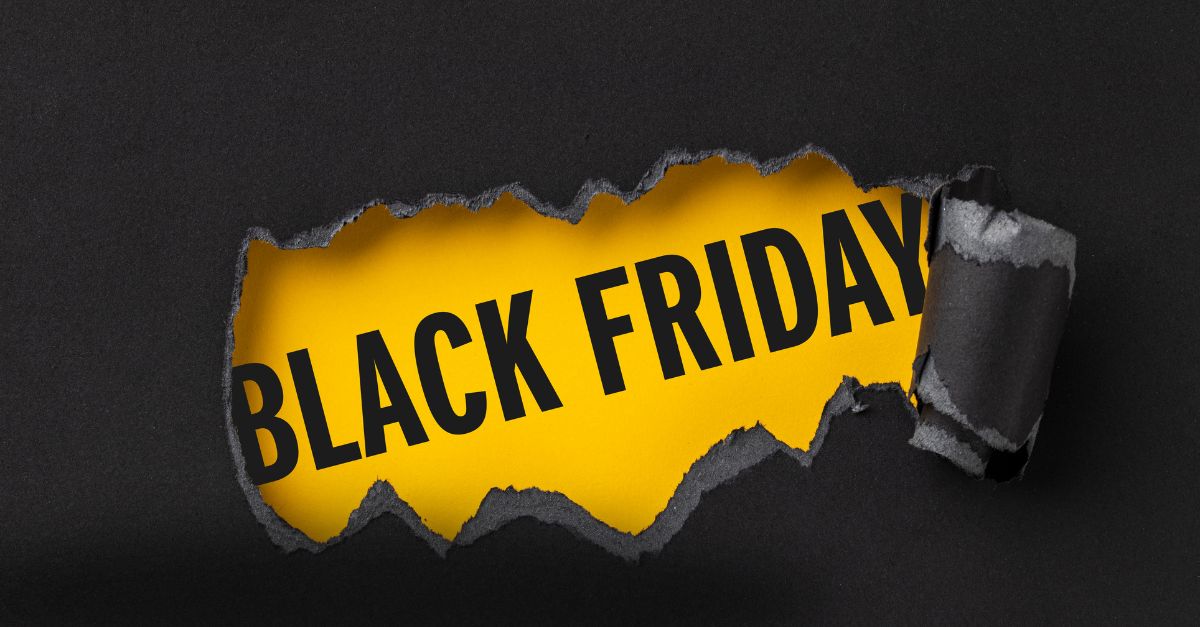















































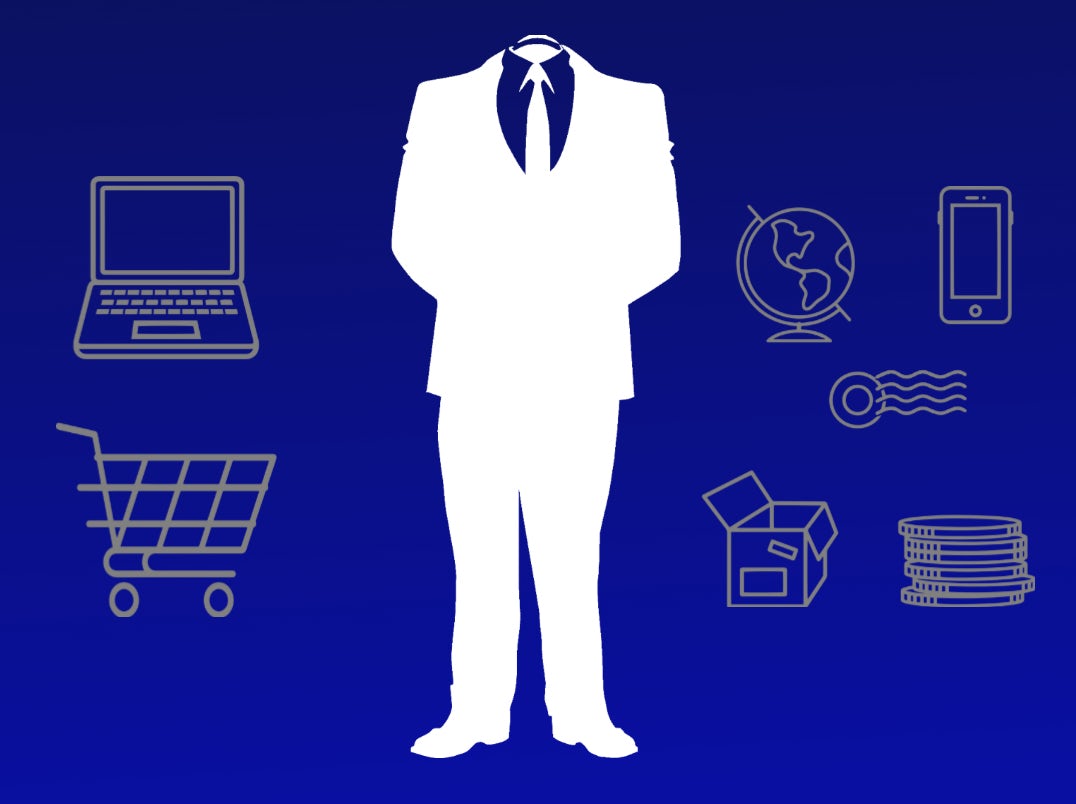

















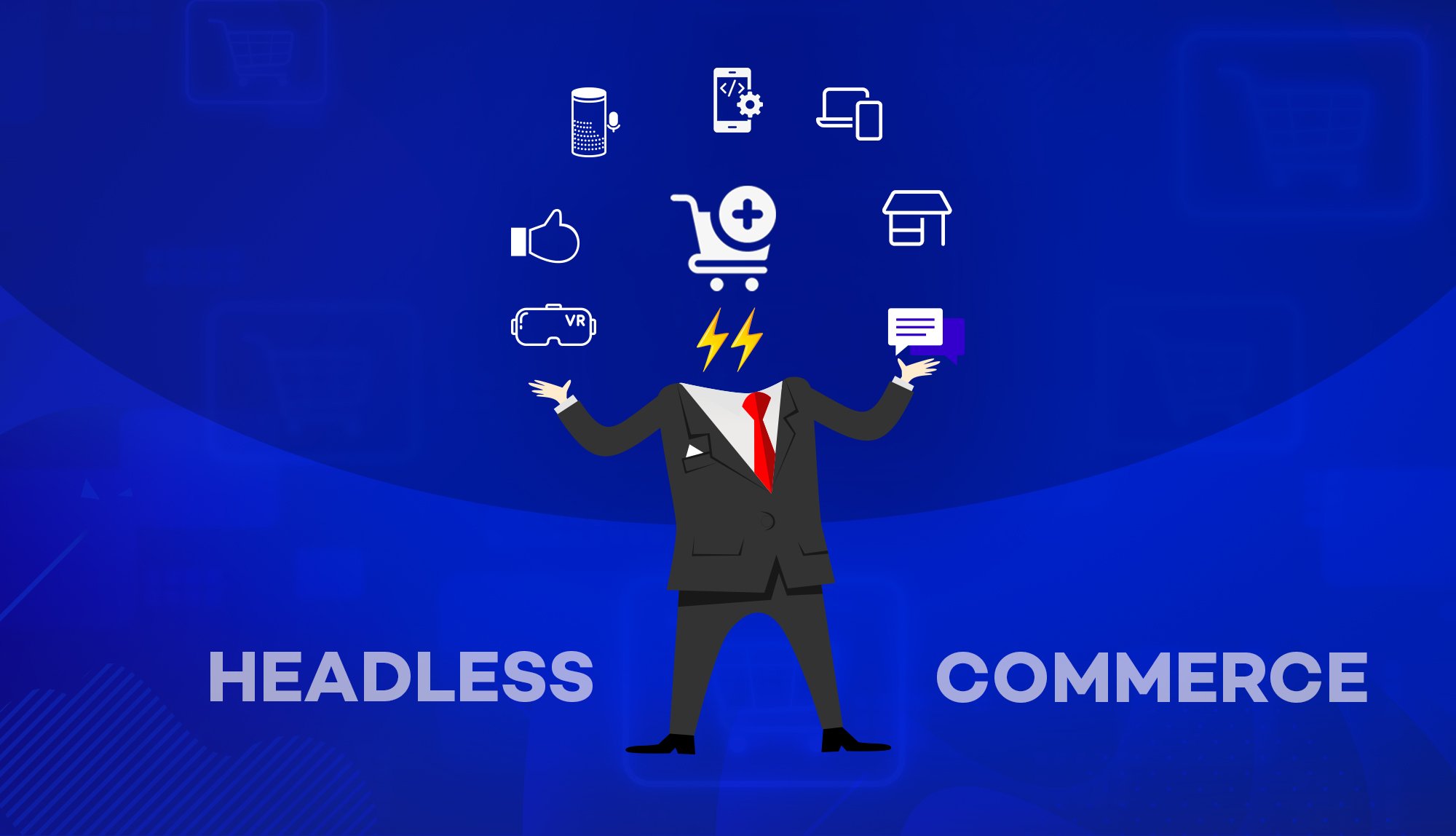
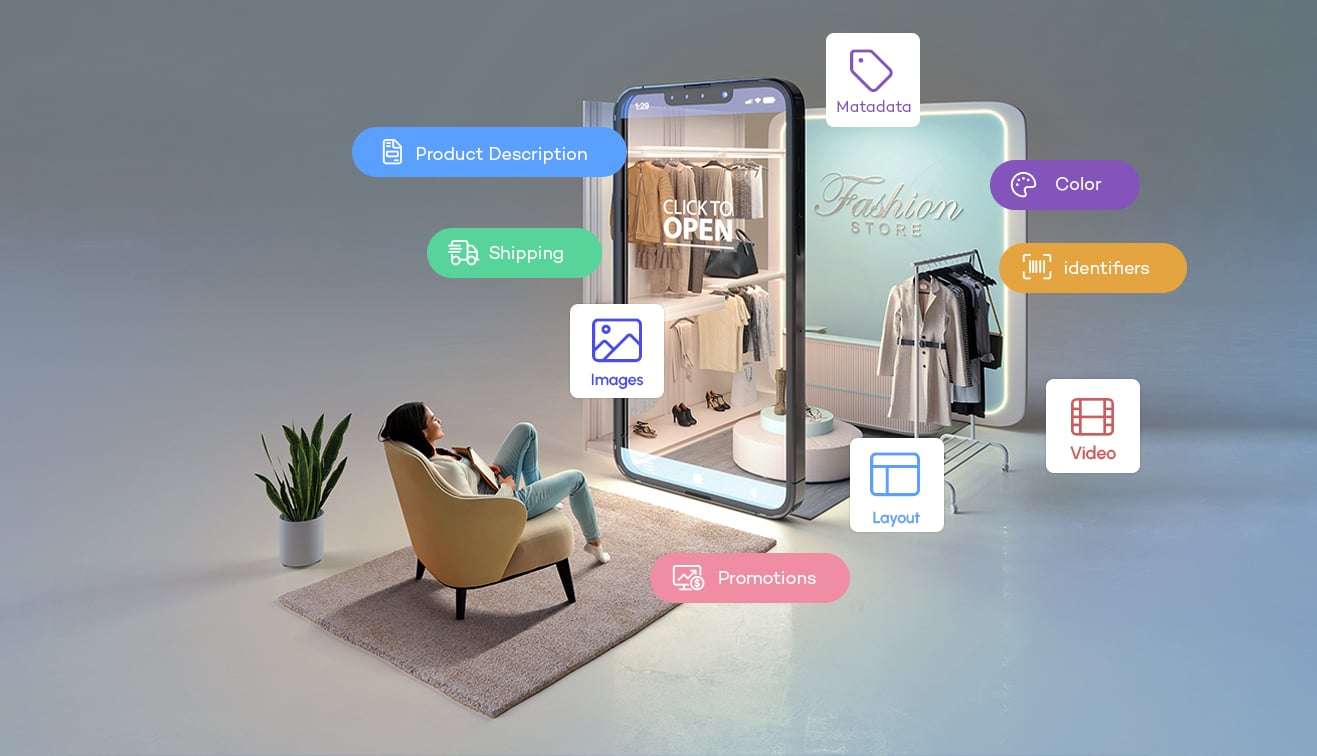
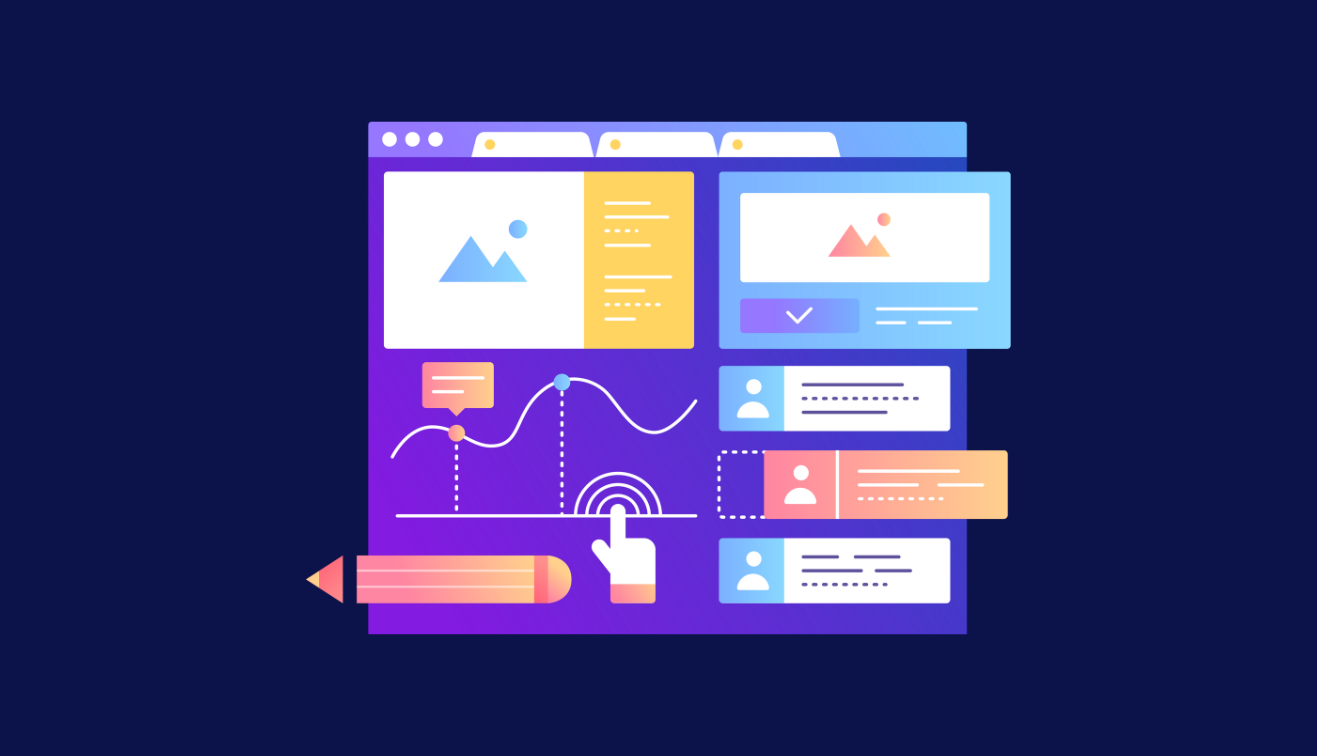
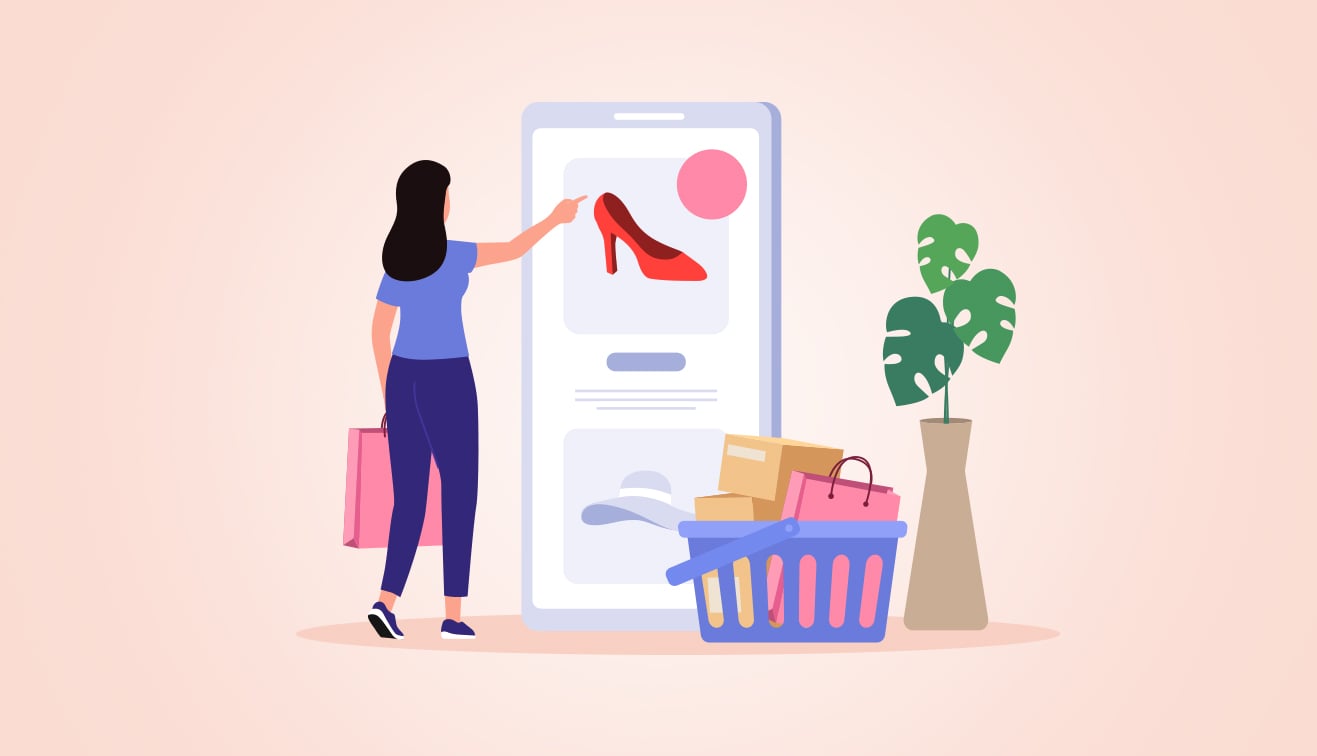
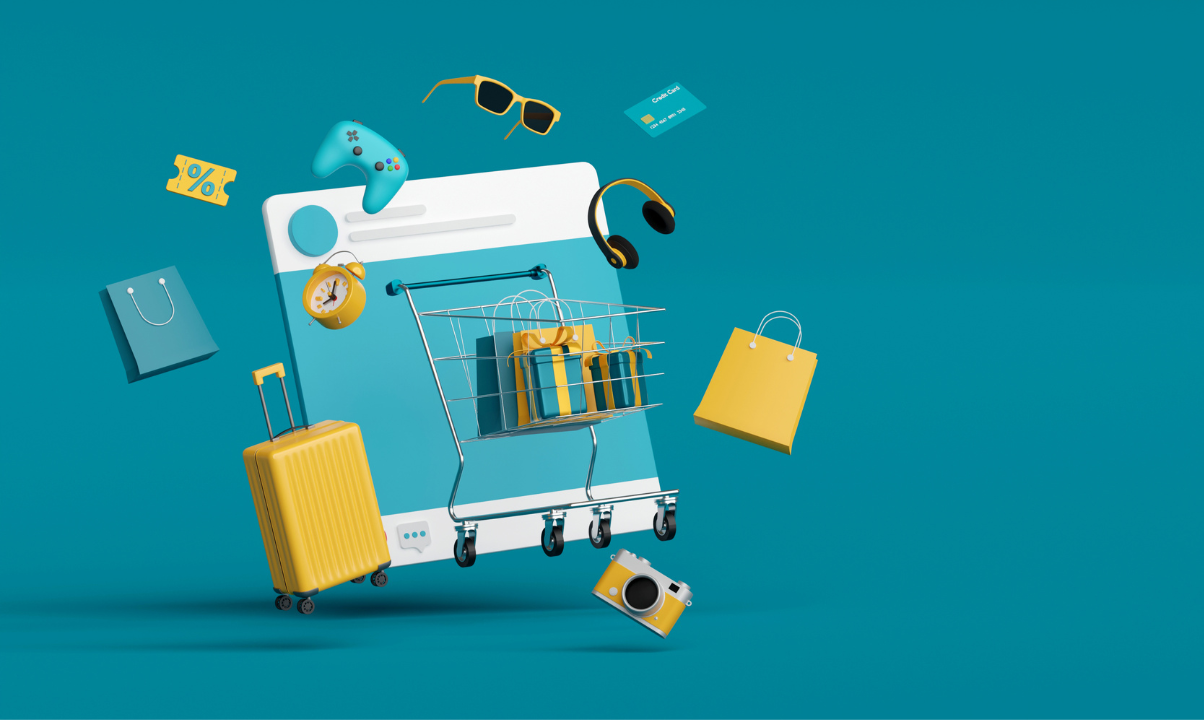
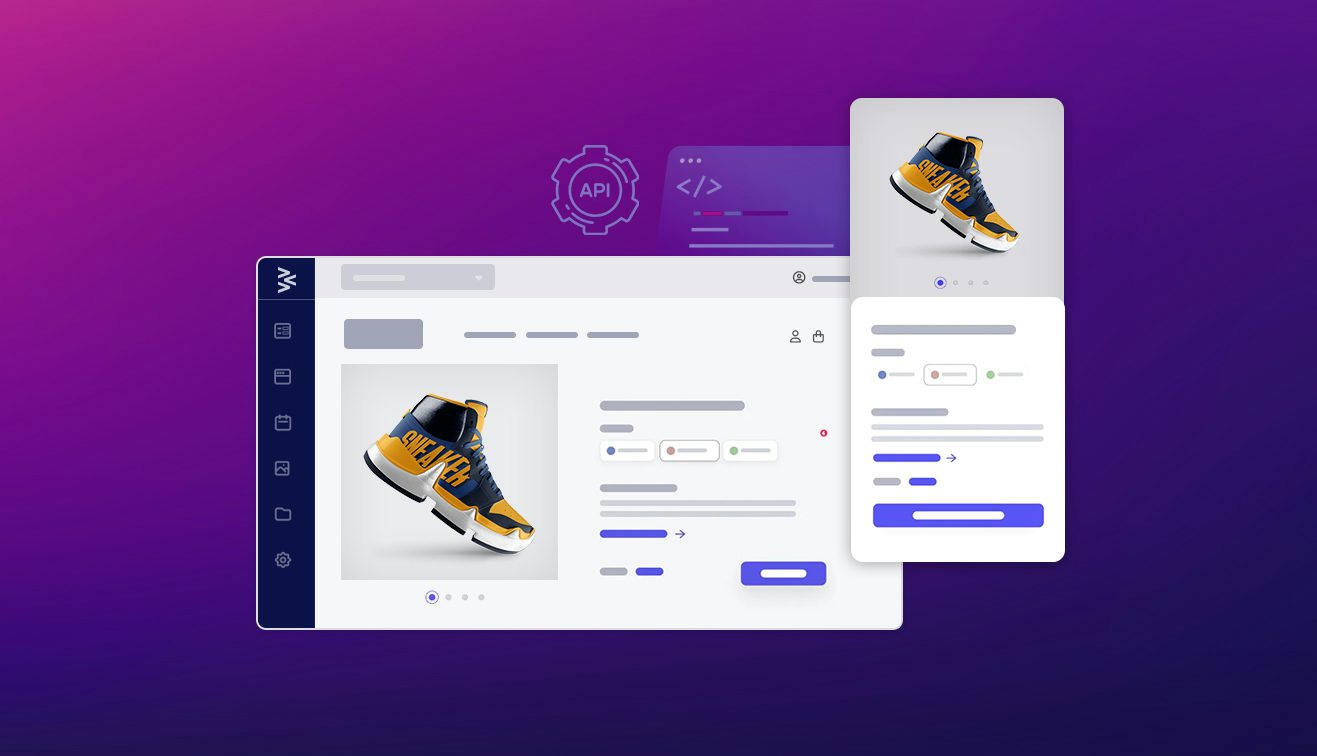

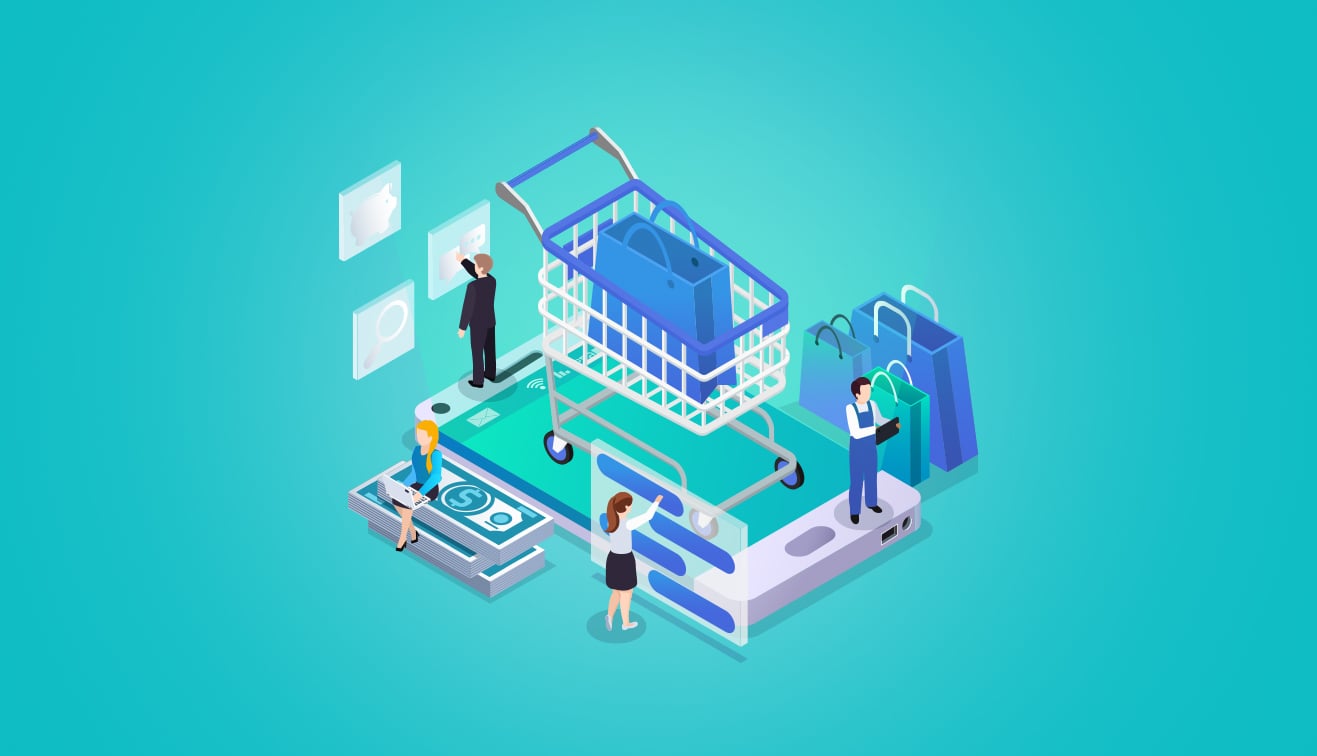
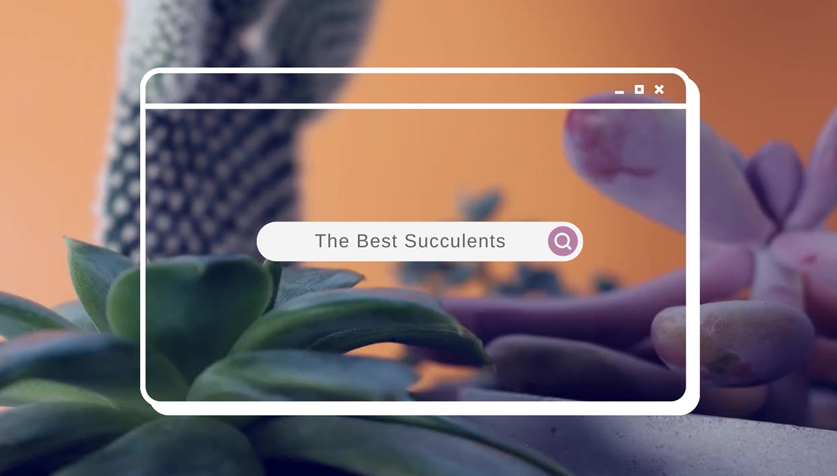
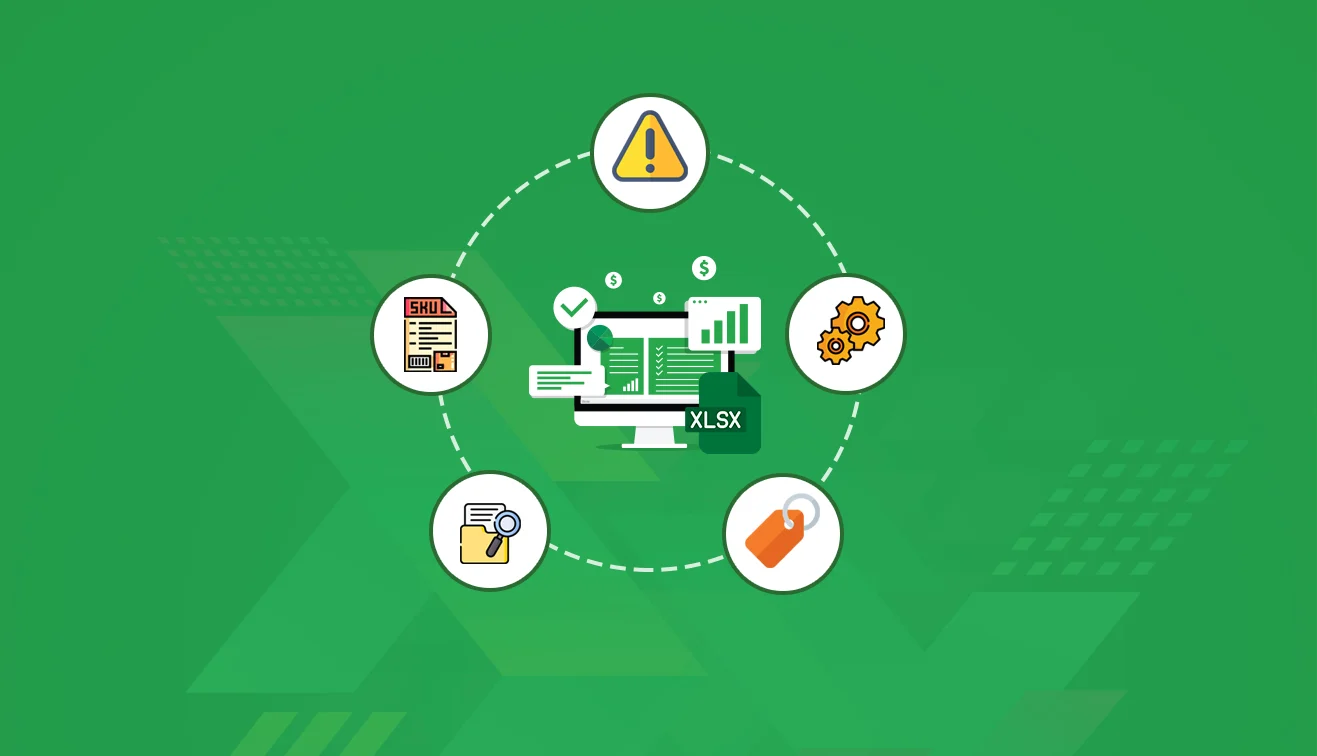
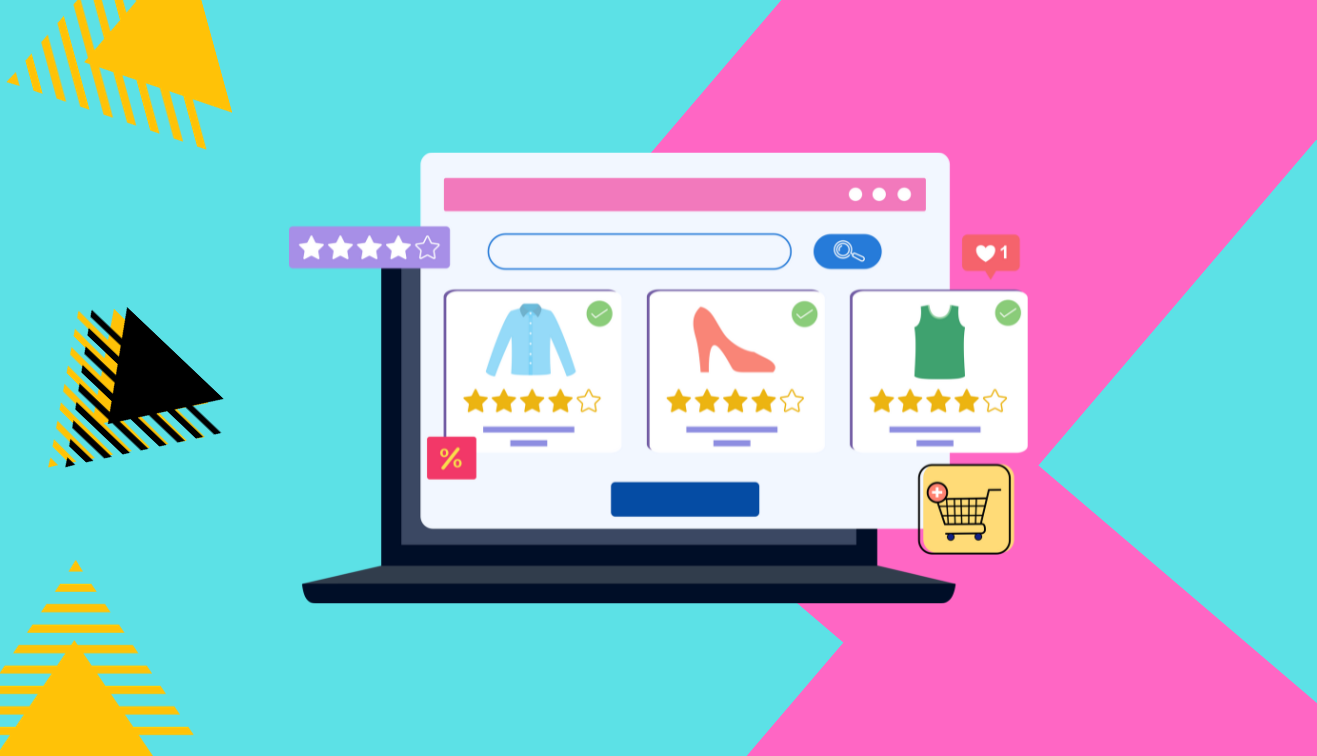
.jpg?w=3840&q=75)

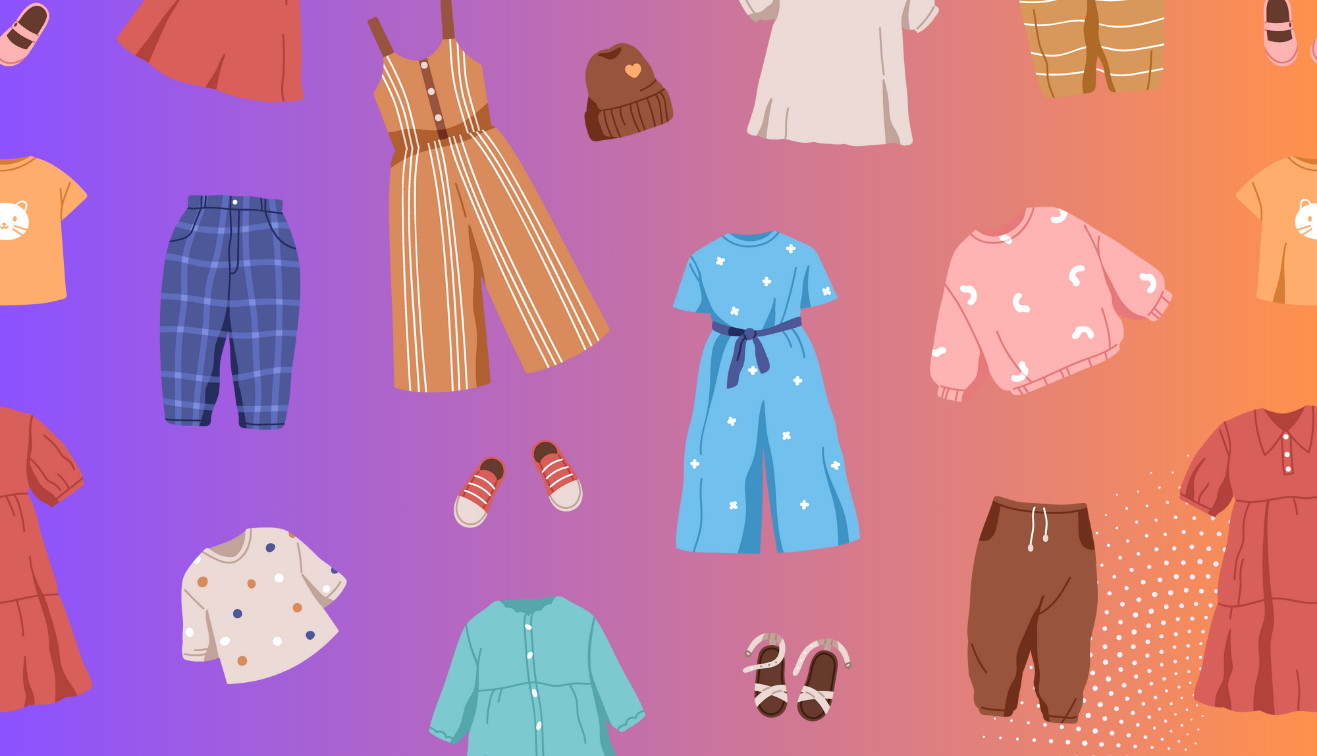
.png?w=3840&q=75)
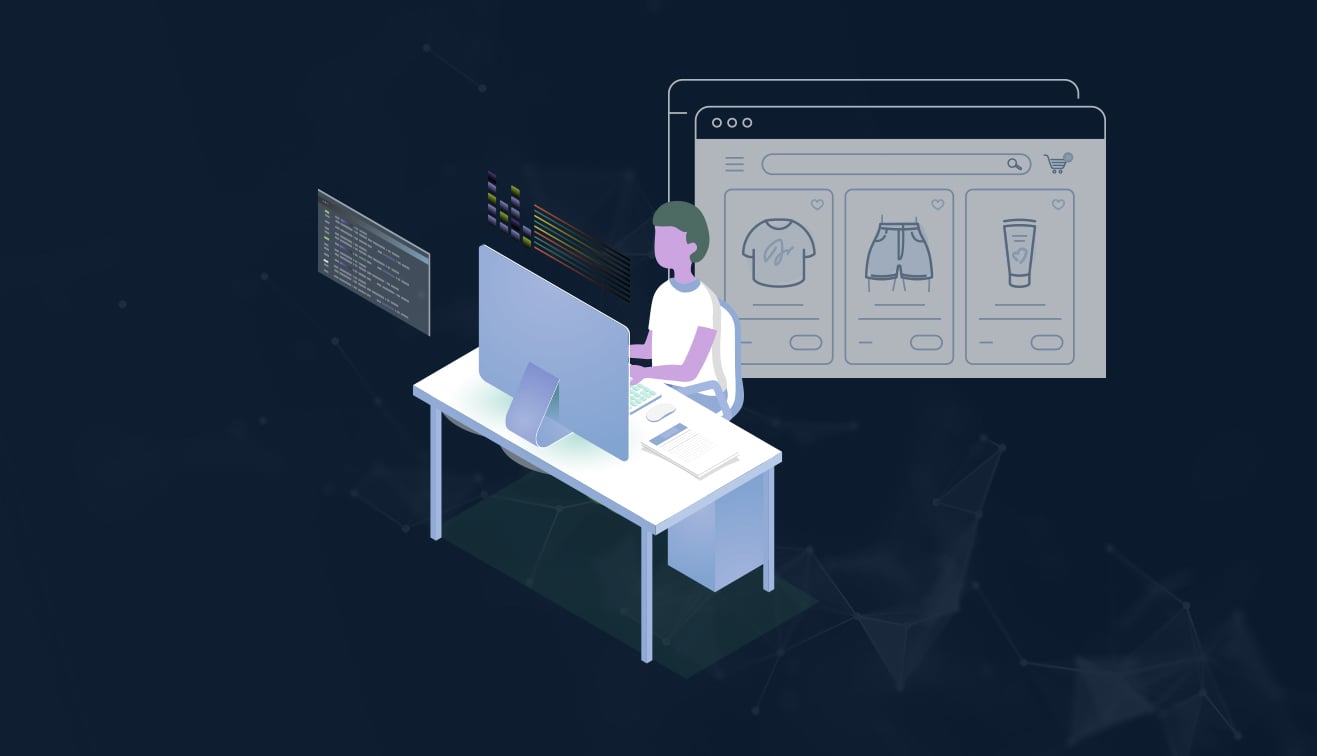

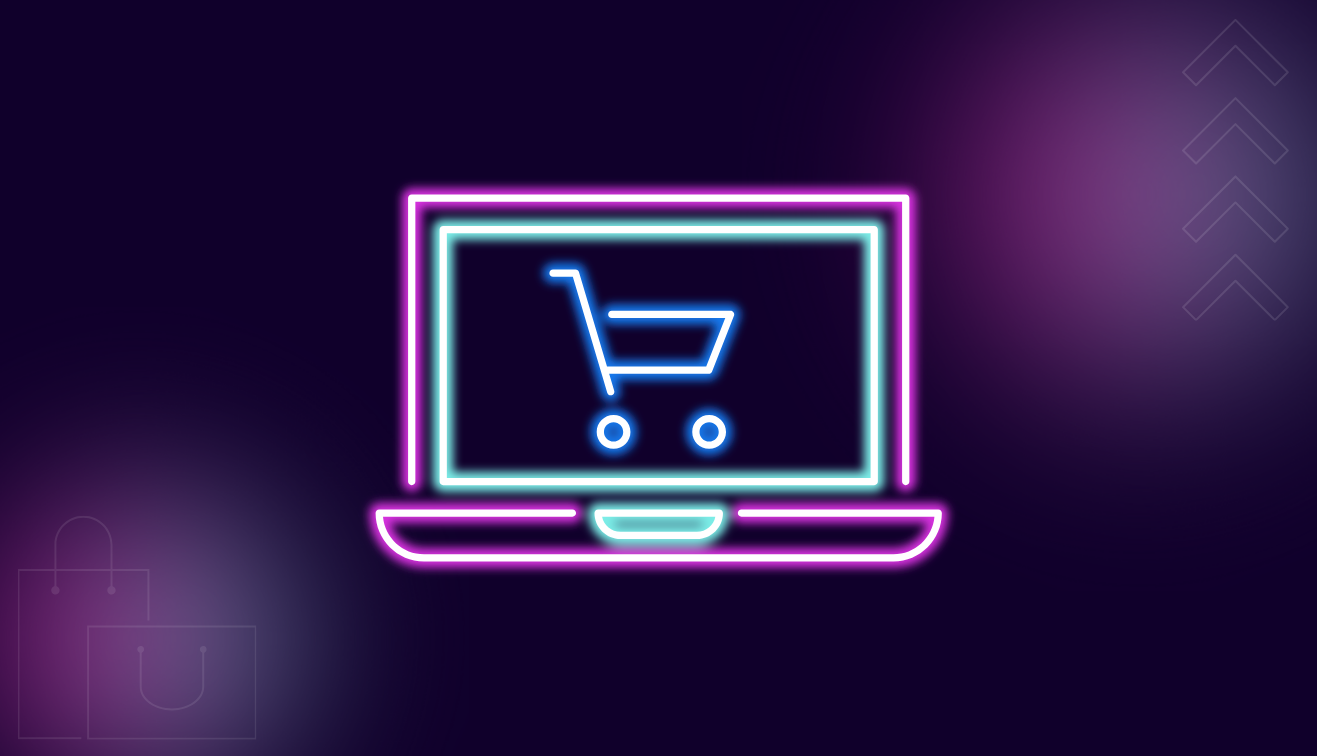
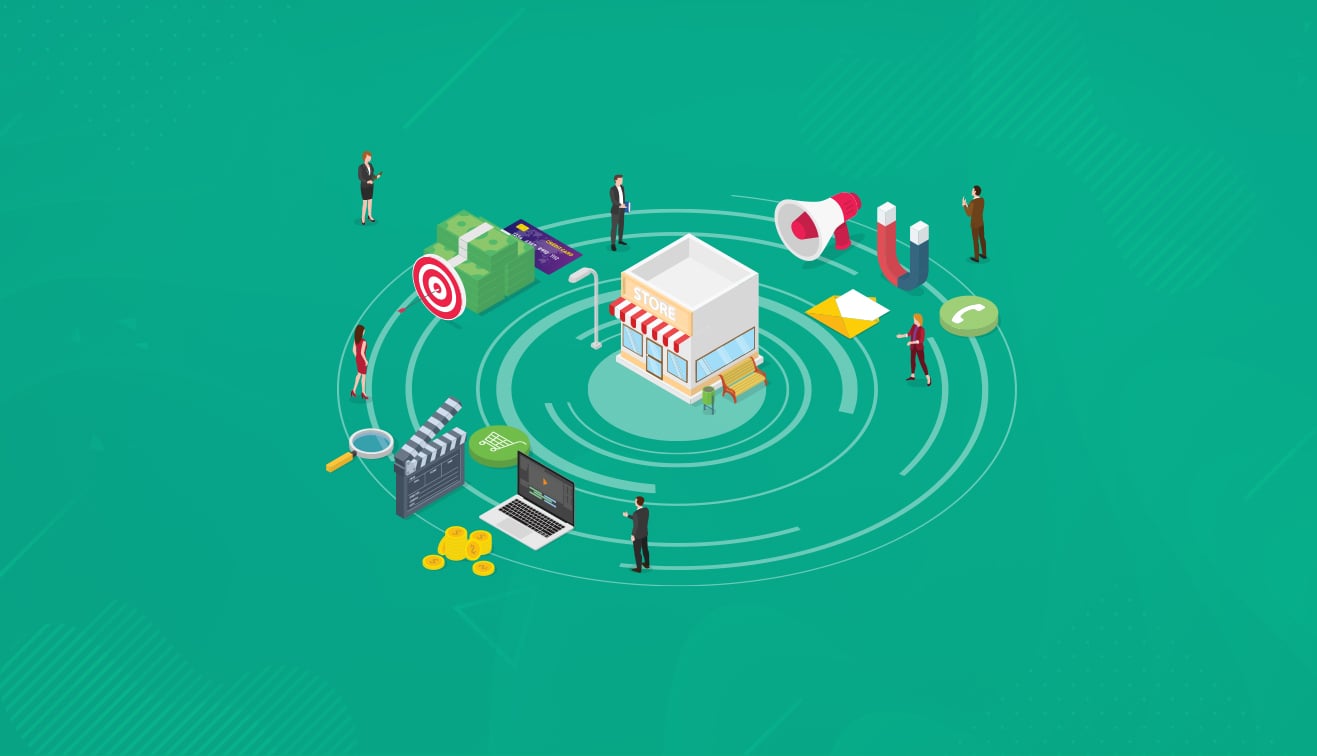
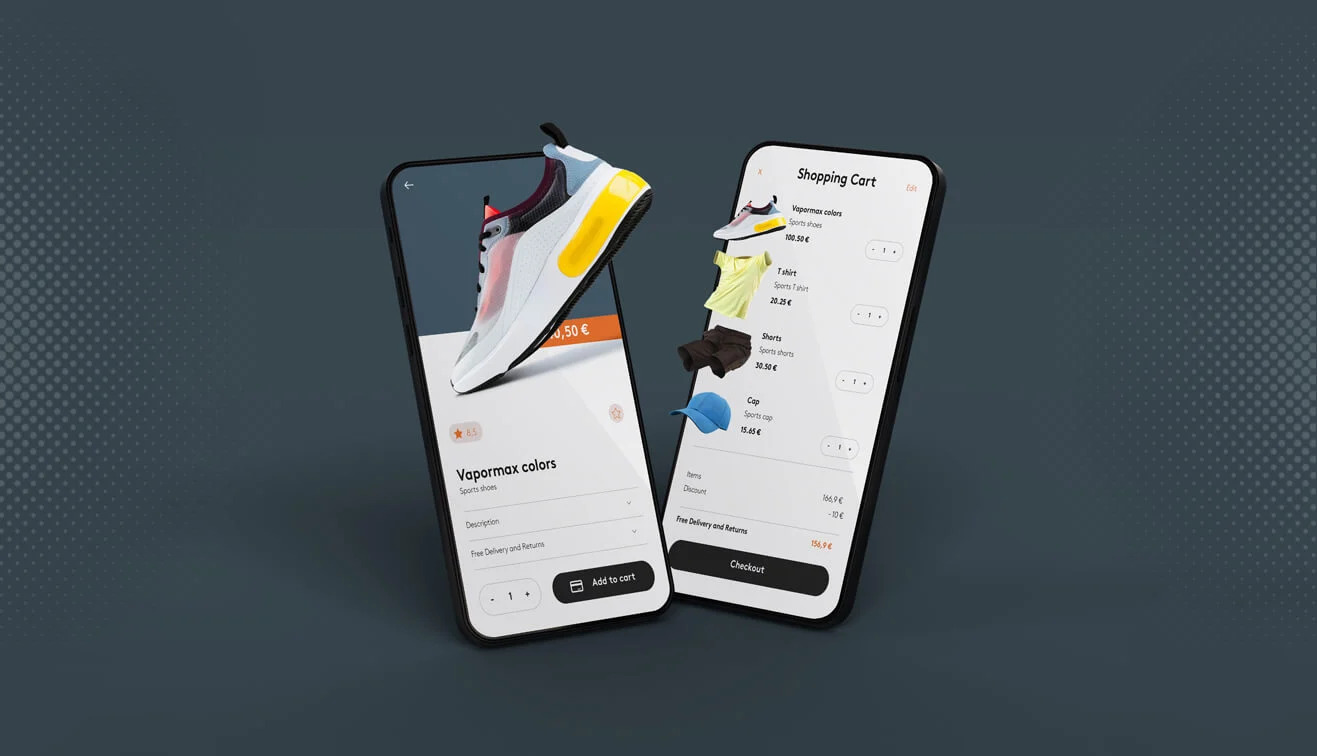



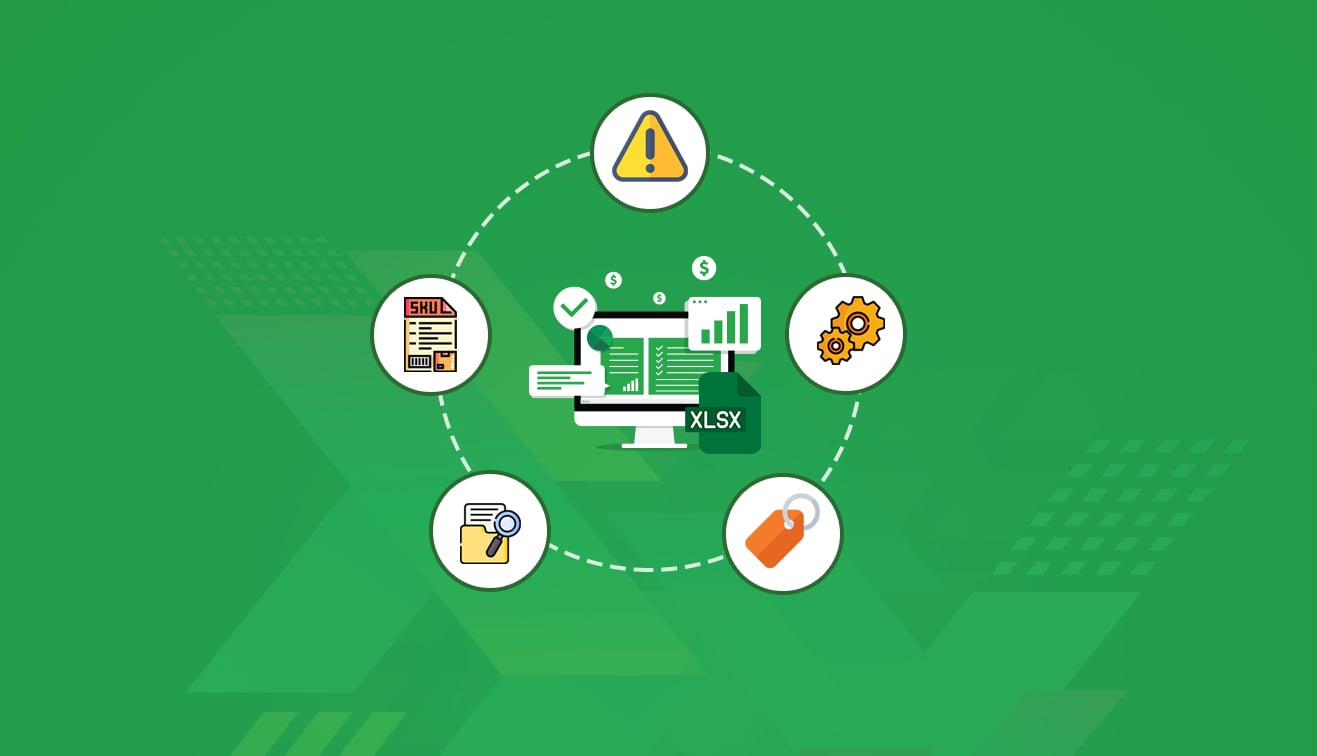
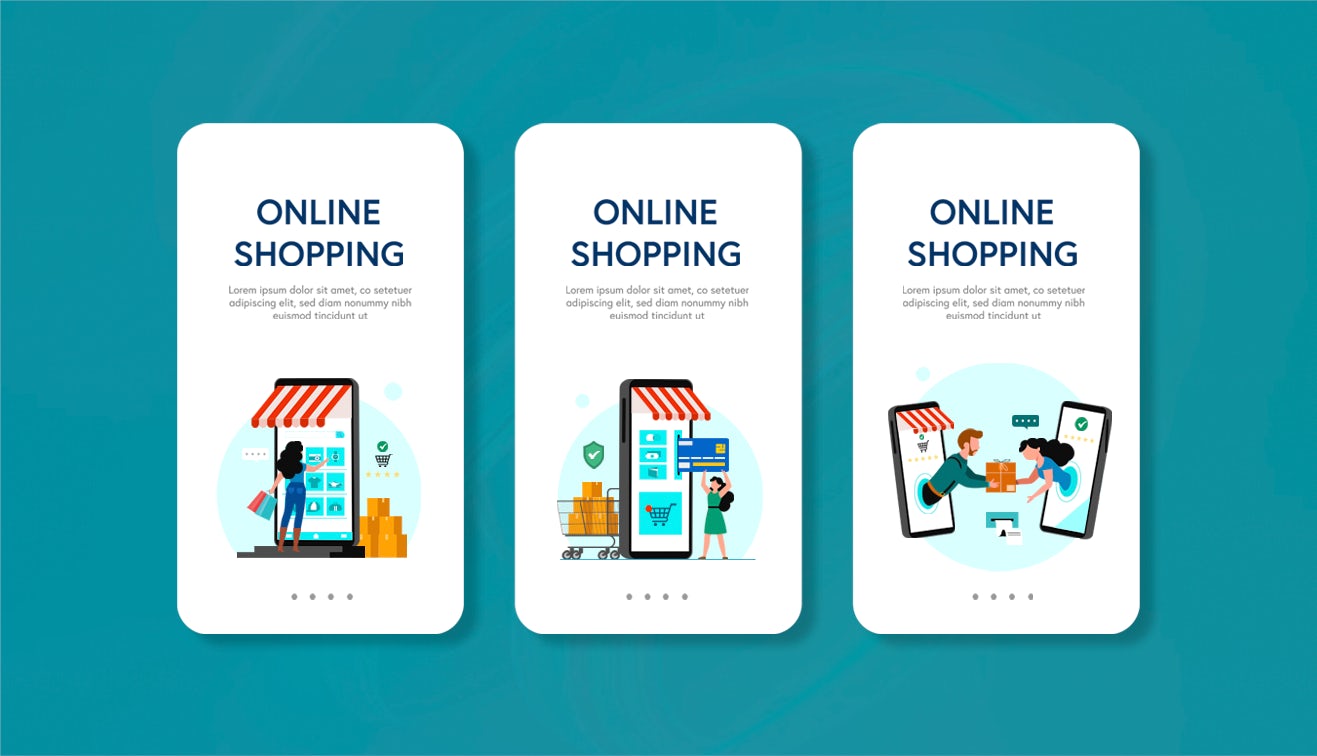
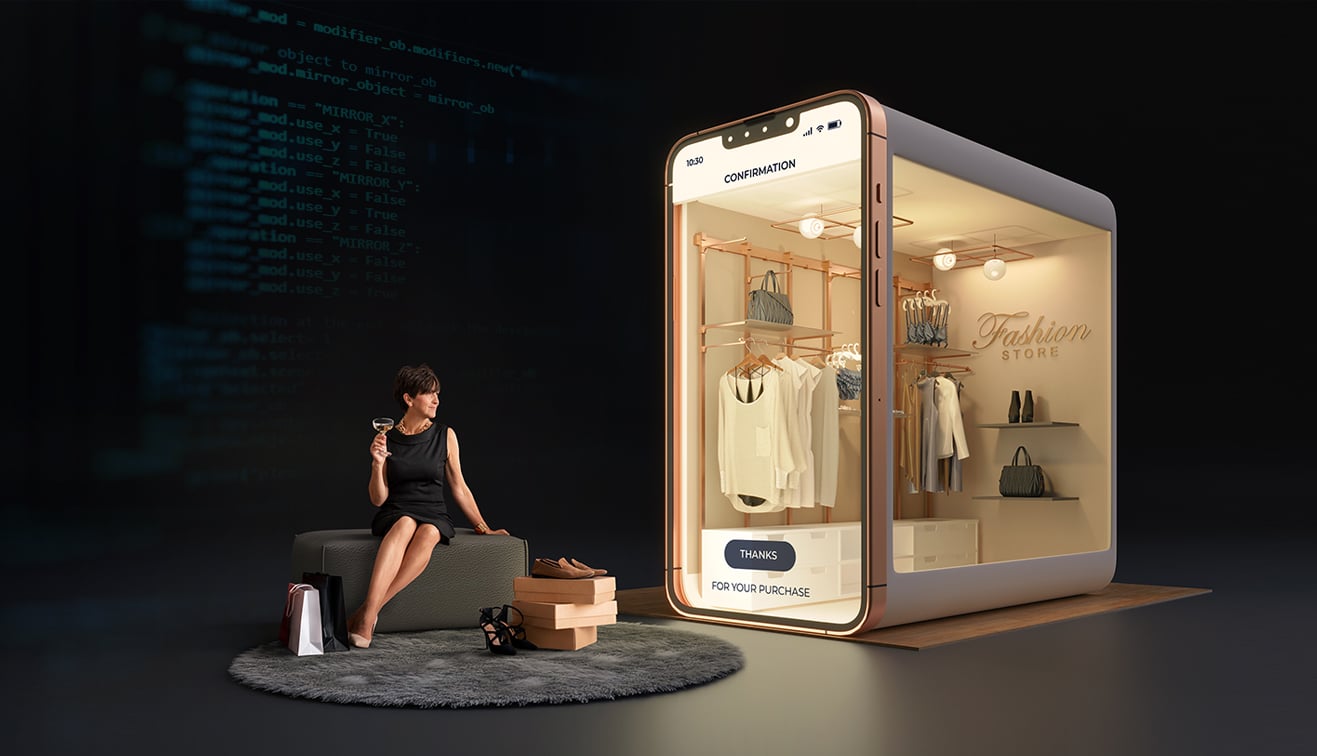
.jpg?w=3840&q=75)
